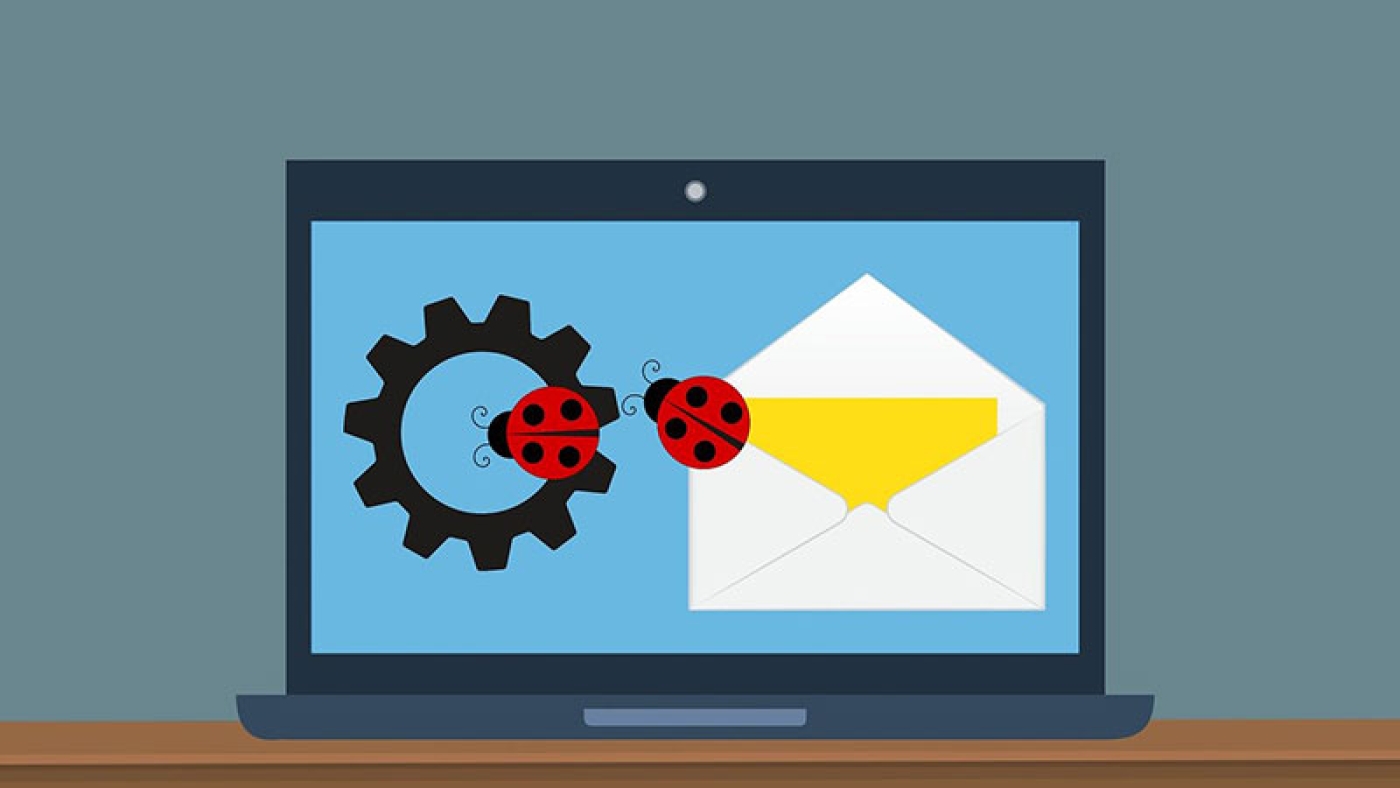Hackers nowadays can easily access and steal our private information whenever they want to. They even know what kind of information is beneficial for them to target and this is why nobody’s data is invulnerable. To be more specific, Phishing emails is one of the most recognized online scams which is usually used to steal personal data. This is how identity theft and ransomware cases happen all the time around the world and such malicious method is increasing and continuing to lure innocent people into revealing their information. Here you can find the useful guideline to teach you how to protect yourself and keep away from the email phishing scam.
What is phishing email?
This is an email designed to deceive you into clicking on a malicious hyperlink or submitting your personal data. It can also appear into different formats of contents for example: attracting you with a deal, frightening you with a threat, declaring that any of your family member needs your financial support, pretending as a website or service you trust, or any different methods that you can’t even imagine.
How to keep away from phishing attempts:
Don’t depend only on defaulted spam filters
Most email tools provide the feature to automatically block phishing emails by detecting certain senders’ email addresses and then move them straight to the spam folder. However, this way can’t guarantee 100% to filter the content because there are always cunning criminals who can create new methods to trick the filter.
Pay attention on the email address/title
You should create a hobbit on always checking the name of senders and email address from the emails you receive. For example, if you see that Donald Trump is emailing you then you should be aware that it’s probably a click-bait email unless you do have a friend or family with the same name. However, an email can also be considered questionable if the sender’s name or address is spelled incorrectly especially a large and well-known brand. In case if you feel suspicious about the name on the email address, then just don’t open it.
Double check on the hyperlink
If the email came from an apparently trusted source but attaches a doubtful headline or hyperlink, then feel free to send a separate email to that particular entity to verify the reliability. Remember, do not reply to the original email! If by any chance you have already opened the email by the curiosity, simply do not click on any provided links nor download any attachments in this email because it can possibly contain hiding malware to infect your device system.
Any spelling errors within the email?
Large companies who usually carefully deal with the email content in order to maintain the positive image of their brand. Therefore, if there are any spelling errors showed in the email, you might consider to doubt its authenticity.
Verify twice or triple the product being advertised
If you receive an email offering ticket giveaway for a costly trip, you should firstly google and analyze whether the offer is possible or true before you click on any links and give away your personal data. Sadly, we should tell you if it sounds too good to be true, then it’s probably a scam.
Image by mohamed Hassan from Pixabay
